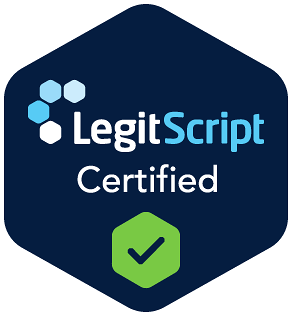North Atlanta Behavioral Health is one of the leading treatment centers for kratom rehab near Atlanta and the surrounding areas. Here, we provide a safe and supportive environment where individuals can recover from addiction to kratom.
Our experienced professionals understand the burden of addiction on those suffering from it and can speak firsthand to the many challenges that accompany seeking help. We pride ourselves in providing our clients with cutting-edge treatment techniques coupled with personalized care that allows them to develop new skills needed for successful recovery.
No matter what recovery path someone is looking for, our caring team is here every step of the way, helping our clients transition back into a healthy lifestyle free from substance abuse.
What Are Benzodiazepines?
Benzodiazepines (benzos) are a prescription medication used to treat several mental health issues, including anxiety and insomnia. Benzos activate the GABA neurotransmitters in the brain that facilitate calmness, relaxation, and reduce distress during acute episodes.
While benzo medications have their place as an effective treatment for certain types of disorders, it is essential to note that when taken improperly or not under strict medical supervision, they can be habit-forming and even toxic in some cases.
Most Common Types of Benzodiazepines
Some of the more common types of benzos include:
- Alprazolam (Xanax): This is one of the most commonly prescribed benzos for treating anxiety and panic disorders and excessive worrying or feeling overwhelmed when a person cannot control events.
- Lorazepam (Ativan): This benzo treats both short-term and long-term symptoms associated with anxiety, such as muscle tension, agitation, insomnia, palpitations, and fearfulness.
- Diazepam (Valium): Valium is a sedative-hypnotic drug primarily used to alleviate short-term symptoms related to anxiety and alcohol withdrawal. It also has some uses in treating muscle spasms caused by neurological conditions like Parkinson’s and cerebral palsy.
- Clonazepam (Klonopin): Klonopin also works on GABA neurotransmitters but additionally has anticonvulsant properties helping reduce seizures from epilepsy or other seizure disorder issues and for mania episodes for bipolar type I disorder.
- Chlordiazepoxide (Librium): Librium can help reduce extreme levels of anxiousness when taken correctly as prescribed. It helps diminish the effects of physical distress people feel during moments of obsessing over stressful circumstances that cause some people to shut down emotionally and is also used for people suffering from depression.
Signs and Symptoms of Benzodiazepine Addiction
The signs and symptoms of benzo addiction can vary from person to person. Still, they may include physical dependence, tolerance, cravings, withdrawal, increased dosages, self-medicating, feelings of guilt or shame for taking the drug despite negative effects, decreased ability to keep up with daily tasks and responsibilities, social isolation, and feeling disconnected from what is important in life.
These symptoms often lead to profound health implications such as liver damage, cardiac arrest, or stroke. In severe cases, prolonged use of benzodiazepines can lead to coma or death. Additionally, those suffering from a benzo addiction are more likely than non-substance users to experience depression and suicidal and self-harm thoughts.
How Does Benzo Addiction Treatment in Georgia Work?
North Atlanta Behavioral Health provides comprehensive benzo addiction treatment in Georgia tailored to each patient’s needs. Our evidence-based and holistic approaches are designed to treat the whole person – mind, body, and spirit – while addressing underlying issues that have led to addiction in the first place.
All treatment begins with a medically supervised detoxification process where any remaining benzodiazepines can be safely removed from a person’s system. Once cleared from active substances, patients can enter our Partial Hospitalization Program (PHP) or Intensive Outpatient Program (IOP).
Both programs allow patients to return home in the evenings and be with their supportive family and friends. We also offer two options for our IOP, a daytime or evening program to allow people the flexibility to choose which one will allow them to meet their commitments, such as work, school, or family.
These programs offer a variety of therapeutic tools through group therapy sessions and individually tailored interventions such as life skills development exercises, all intended to help manage any returning cravings or thwart further relapse episodes.
Throughout these treatment programs, there is also an emphasis on self-care, coping mechanisms, family therapy, aftercare planning, and other activities like yoga, meditation, and nutrition education to help people build better overall physical and mental health habits to establish a solid foundation for long-term sobriety and success in recovery.
Benzo Withdrawal Timeline and Withdrawal Symptoms
While the exact benzo withdrawal timeline can vary dramatically from person to person, typically, most people experience the timeline with approximately one week of acute physical withdrawal symptoms. This is followed by a gradual tapering of physical withdrawal symptoms, while psychological withdrawal symptoms can take weeks, months, or longer before they fully subside.
- Stage 1: 6-48 hours (early withdrawal). Symptoms may include insomnia, irritability, anxiety, depression or suicidal thoughts, and rapid heartbeat.
- Stage 2: 48-72 hours (acute withdrawal). Symptoms may include tremors, headaches, migraines, muscular tension, fatigue, and difficulty concentrating on tasks.
- Stage 3: 72-120 hours (protracted withdrawal). Symptoms may include memory problems, amnesia, coordination difficulties, vivid dreams, nightmares, and disturbed sleep patterns.
- Stage 4: 120+ hours (post-acute symptoms). Symptoms may include cravings for benzos, problems concentrating and focusing, fatigue, and anxiety.
Does Insurance Cover Benzo Addiction Treatment?
Depending on your insurance plan and the type of treatment you seek, insurance can cover a portion or all of the cost of benzo addiction treatment. It is best to check with your insurer to find out your coverage for rehab treatment. You may also contact us directly for assistance.
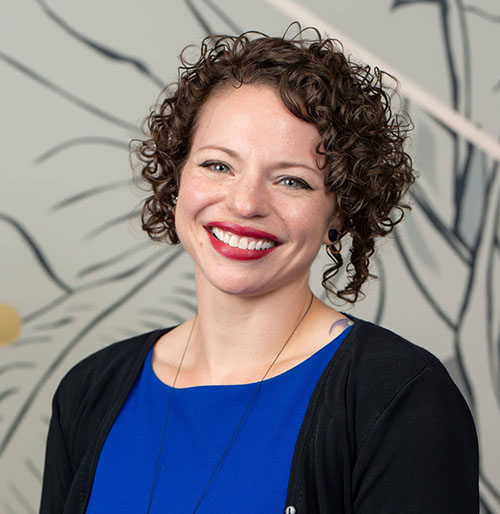
By NABH Staff
Medically Reviewed by
Erika Dalton, LMSW.
Last Updated on March 18, 2024
Get Help Now
Begin Depression Treatment in Atlanta Today
Mental health disorders cannot be treated by treating the symptoms alone. We use holistic and evidence-based methods to treat the entire individual.
Facility Image Gallery
Benefits of Benzo Addiction Treatment in Georgia
Don’t let benzo addiction control your life. At North Atlanta Behavioral Health, our team is dedicated to helping you overcome your addiction and putting you on the path to lasting sobriety. With our holistic and evidence-based treatment, caring staff, and personalized plans, we are committed to helping you start a new healthy, and happy lifestyle. Get help now by contacting us today.

Treatment Philosophy
North Atlanta Behavioral Health is dedicated to the health and happiness of our clients. We offer personalized treatment plans that put each individual’s needs first.

Meet Our Team
Our multidisciplinary team wants nothing more than for our clients to achieve a lifetime of recovery and sobriety. Let us help you get the most out of treatment.

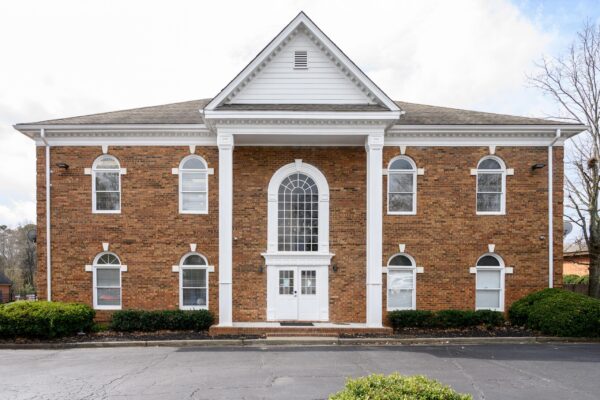




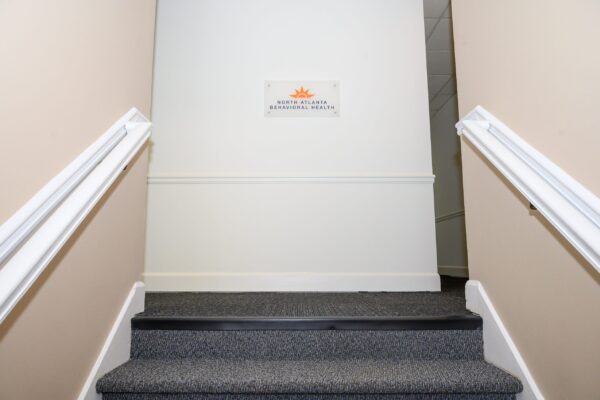
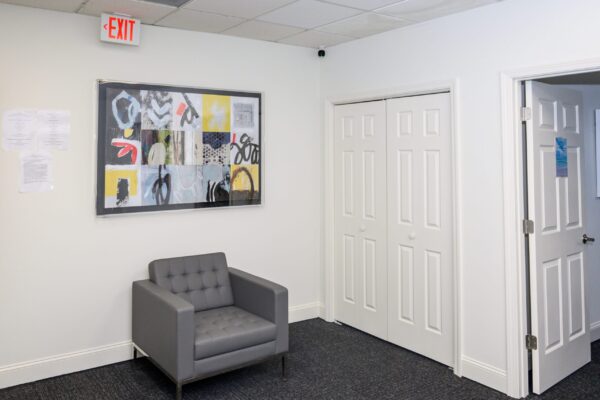
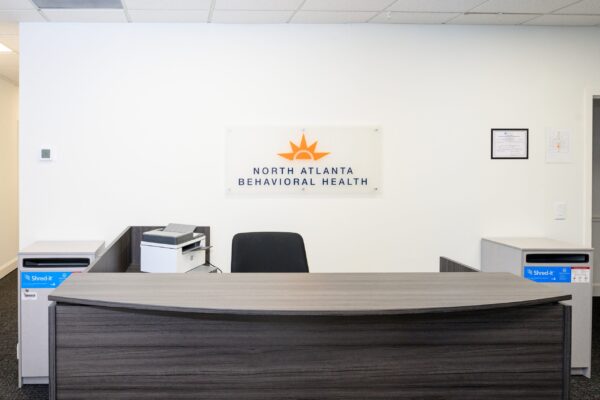

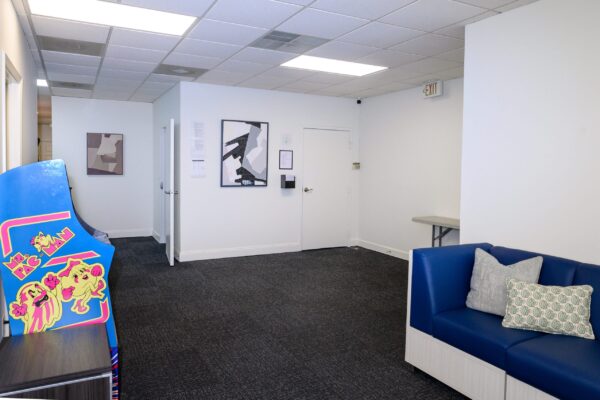
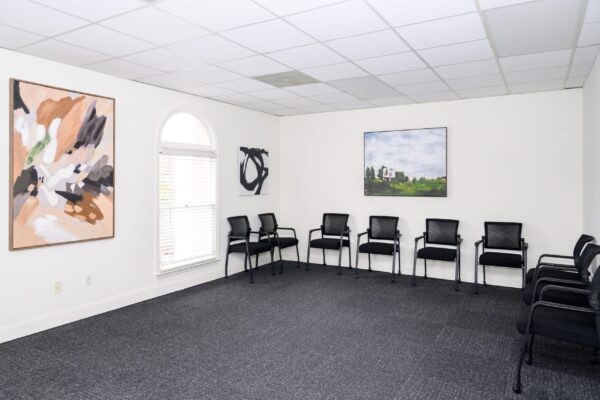

 I have been to my fair share of mental health programs and this one was extremely small, intimate and every staff member I have ever had contact with has been completely professional, compassionate, and caring.
I have been to my fair share of mental health programs and this one was extremely small, intimate and every staff member I have ever had contact with has been completely professional, compassionate, and caring.





